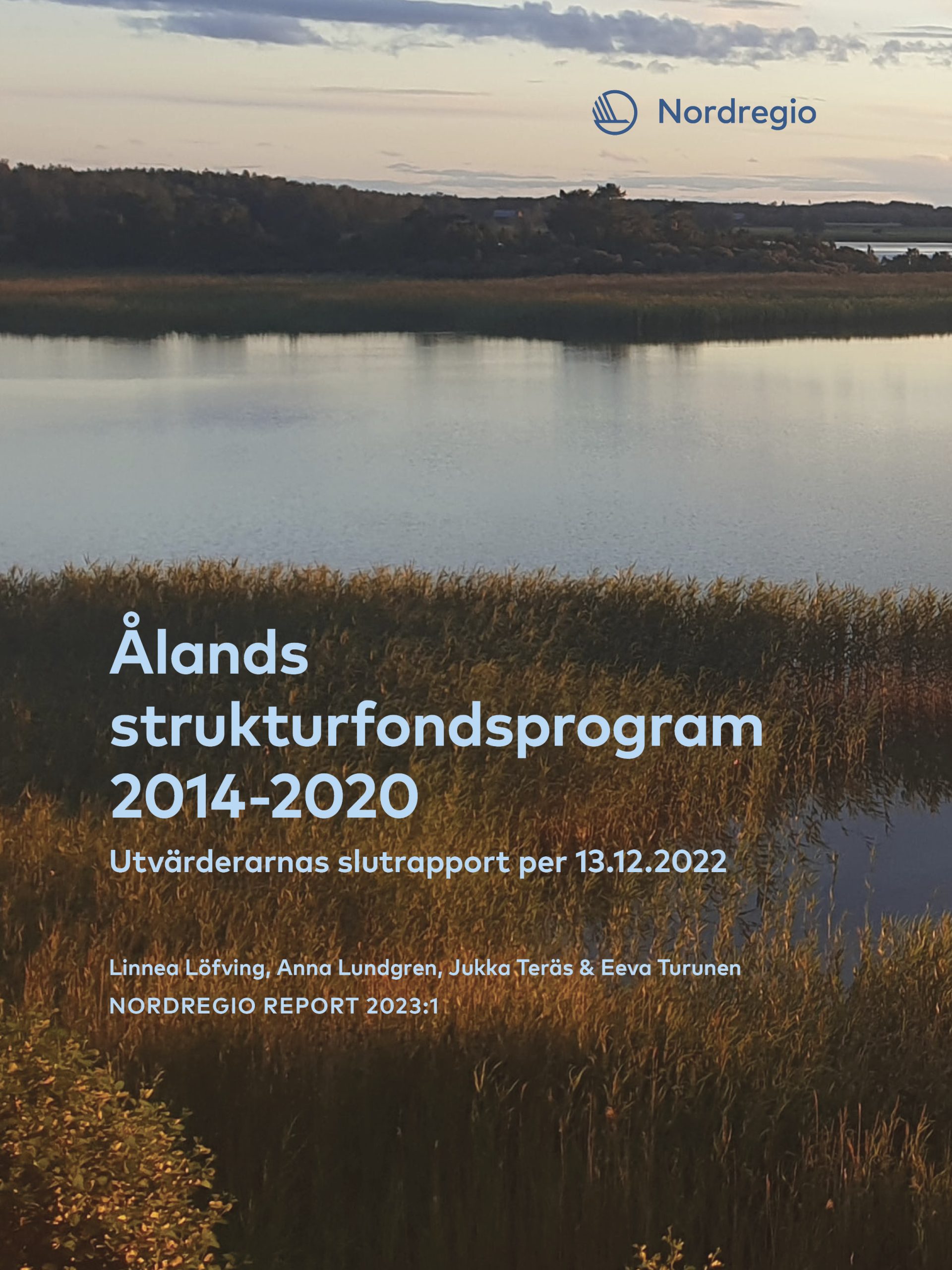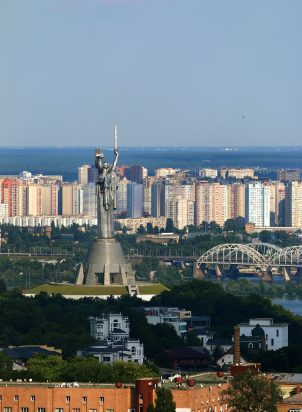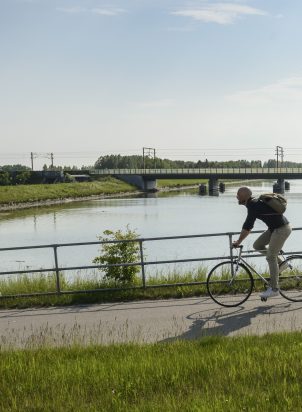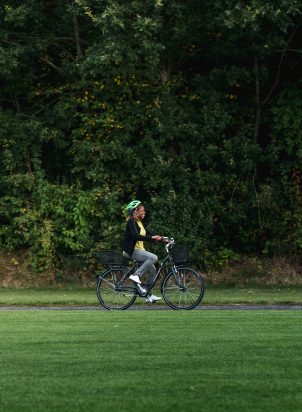The Åland structural fund programme “Entrepreneurship and skills” for the period 2014-2020 was approved in December 2014 by the European Commission. The programme focuses on two priority intervention areas, “Entrepreneurship and Innovation” (ERDF), and “Inclusion and skills” (ESF). The programme’s objective is to develop knowledge and improve skills in working life, increase employment, enhance productivity and innovation capacity, renew and diversify Åland’s business community, and contribute to a well-educated, equal and active inclusive society.
The evaluators assess that the programme has played a significant role in supporting regional development on Åland, especially during the pandemic where financial support was provided to people and businesses to help kickstart the recovery of society. According to the provincial government, the programme has reached about 10% of Åland’s population through activities and liquidity support. However, the general experience, both among the interviewees and the evaluators, is that the effects of the programme are mainly long-term and results will be visible in a few years. Consequently, it is difficult to measure the short and medium term impacts of the programme. According to the evaluators’ assessment, the programme has also contributed to achieving the goals of the Europe 2020 strategy – for smart, sustainable, and inclusive growth. By granting projects, the programme has contributed to the development of smart solutions and the development of skills on Åland in a way that also promotes inclusion.
The evaluators recommend the following measures for the upcoming programme period regarding the Åland structural fund programme’s implementation and follow-up:
- Learn from the experience of implementing the Åland Structural Fund programme during a crisis period.
- Managing authorities need to ensure that indicators and objectives are clear and are not set too high or low.
- Provide information, advice, and training to project owners on collecting and reporting data on programme indicators.
- Invest in marketing the opportunity to participate and benefit from the programme to a wide range of stakeholders.
- Enhance knowledge and skills regarding the potential of venture capital provision to fund projects.
- Improve IT support to make the reporting from project owners more efficient.








